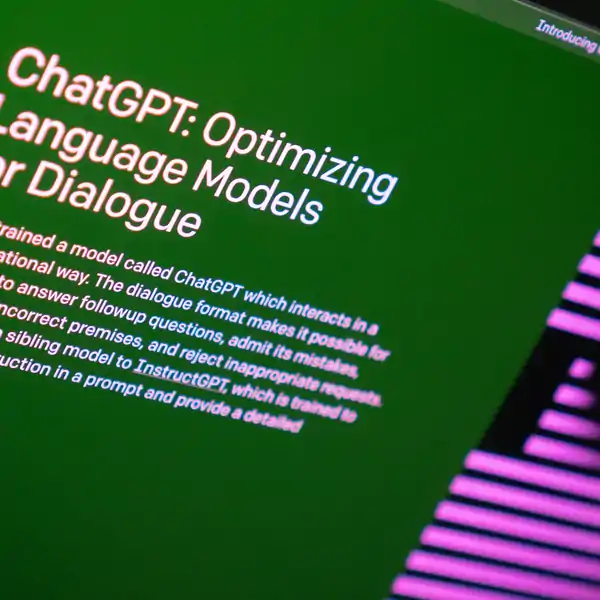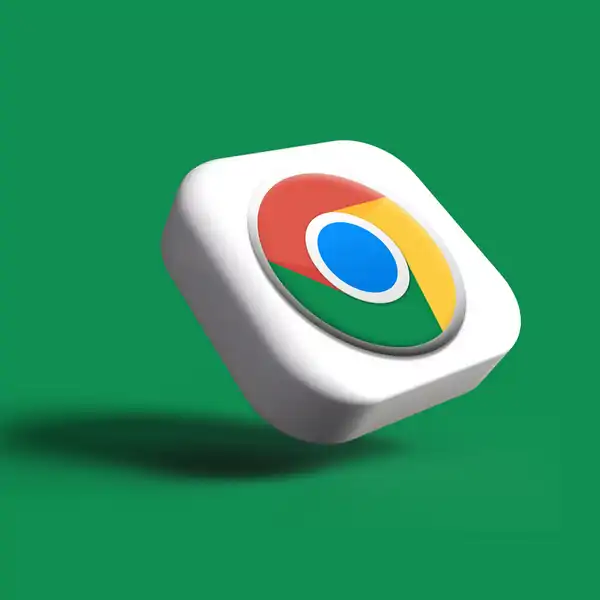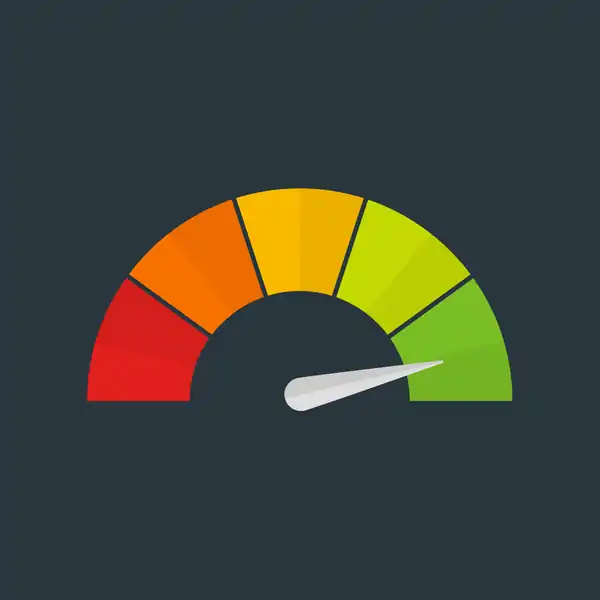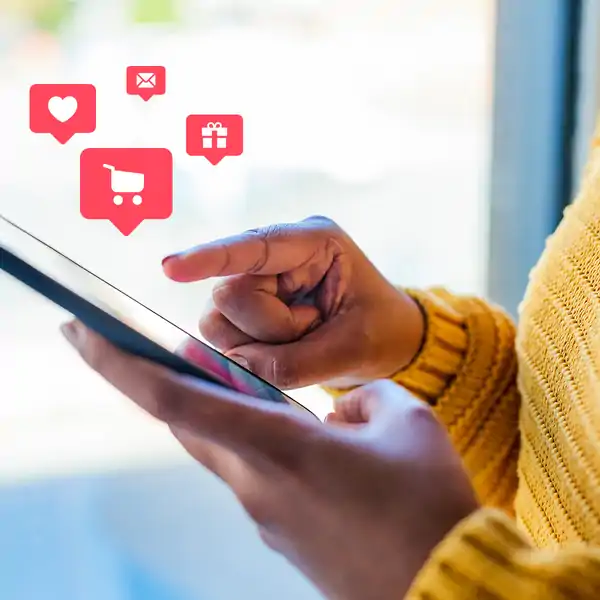Blog
5 Best Ways to Use ChatGPT for Content Marketing
Published on
19 may 2023
Artificial intelligence (AI) has infiltrated today almost every industry imaginable. For better or worse, AI is here to stay — and it's getting more and more intelligent.
OpenAI, an artificial intelligence research and development company, launched ChatGPT in 2022. This tool has the potential to transform every industry as we know it, including marketing and advertising.
What is ChatGPT?
Here comes the answer from ChatGPT itself.
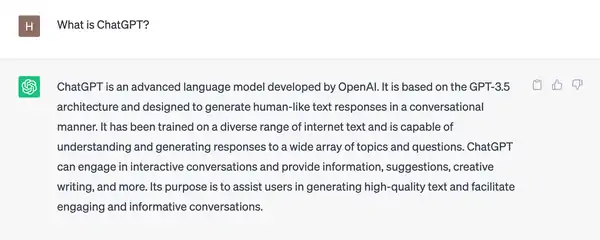
ChatGTP is basically a really advanced chatbot. You ask questions, and it gives you answers based on your input. According to its creator, Open AI, ChatGPT can “answer follow-up questions, admit its mistakes, challenge incorrect premises, and reject inappropriate requests.”
And, according to Life Architect, it can do much more...such as passing the bar exam, writing legislation, and obtaining an MBA.
How does ChatGPT work?
ChatGPT collects large amounts of text data from the internet: books, articles, websites, blog posts, and more.
And “GPT” stands for generative pre-training transformer, meaning it is trained on these large amounts of text data and uses a transformer algorithm to generate text similar to human conversation.
Since language and communication are used for, well, everything, ChatGPT is also proving to be useful for, well, everything:
- Write code, articles, marketing copy, stories, poems, emails and essays
- Generate ideas and examples, multiple choice questions
- Recommend products or services
- Explain complicated topics
- Analyse sentiment and tone based on punctuation, words, and phrases
- Translate text in 95 different languages
- Find data sets
The list is ever-growing. And of course, ChatGPT is a highly useful tool for content marketers.
Is ChatGPT reliable?
A quick answer is: not really. ChatGPT has some limitations and does not come with a 100% guarantee of information accuracy. It is simply a computer that can aggregate and summarise data, but aside from what you tell it, it lacks the full context of your life, business, health, or home that it would require to provide 100% reliable and fully relevant answers.
ChatGPT itself says it:
- May occasionally generate incorrect information.
- May occasionally produce harmful instructions or biased content.
- Limited knowledge of world and events after 2021
It’s important to be as specific as possible with your questions or prompts and then use the responses as starting points only — to iterate on, look into deeper, and explore further.
It’s a good idea to use ChatGPT for marketing tactics that involve content and copy. ChatGPT, in and of itself, is not a content marketing strategy.
5 ways to use ChatGPT for marketing
1. Research & Content Ideation
You can ask ChatGPT “What does everyone else usually write about this topic?”. You will get a summary of the competitor research on this topic instantaneously. The marketer can then identify what’s missing and find a unique approach to the topic.
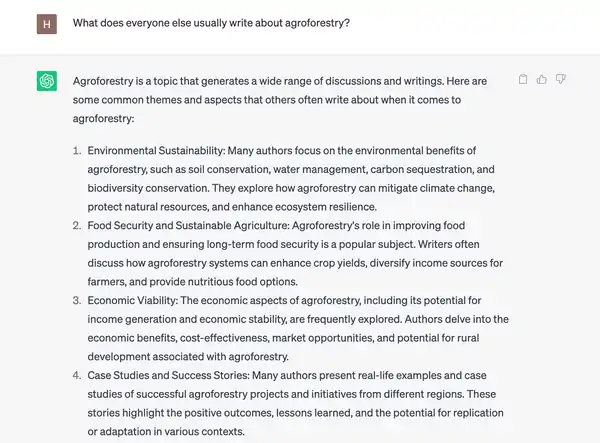
Write Title, Tags & Headers
ChatGPT can extract more headlines than you can imagine. It has learned several patterns and formulas that can make headlines more catchy. This is really helpful to generate a list of title tags or headers for an article, a blog post, or a landing page.
You can always adjust your prompt so that ChatGPT uses headlines with specific keywords or outputs headlines that are longer or shorter – It only takes a few seconds.
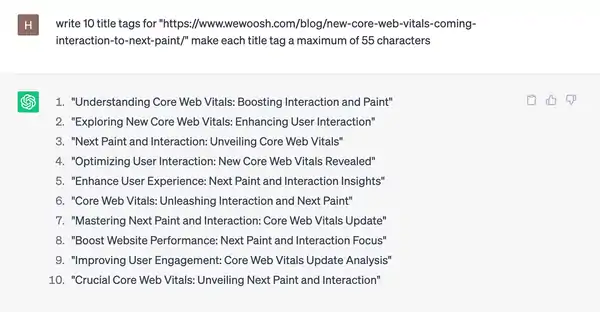
Update Your Content
Landing pages or blog posts could sometimes bring in more traffic if they were updated or rewritten. Rewriting the content can take a lot of time and effort. You can always ask ChatGPT to write an updated version of the content. If the result suits your needs, you will then focus on making it more compelling.
Generate customer surveys
You can use ChatGPT to help you generate a survey or poll to continue getting to know your audience and customers and collecting customer feedback. Of course, to find your target audience, you should depend on your own research, not ChatGPT.
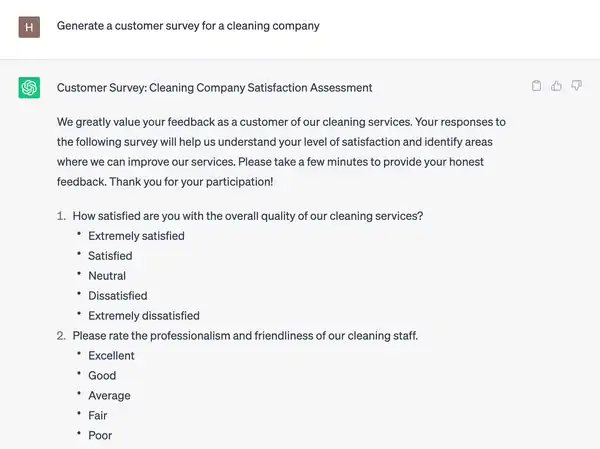
Email subject marketing
For example a subject line is the first thing a recipient sees. It either pulls them in or sends them to the trash. ChatGPT can test, generate, and provide recommendations for various subject lines to find the best-performing ones for a specific audience.
Final thoughts
ChatGPT is a powerful tool that allows businesses to quickly and accurately generate engaging and relevant content based on specific input and user interests.
This helps businesses increasing engagement and driving traffic to their website or social media channels.
As AI technology continues to evolve, content marketers will need to utilise these technologies to boost content creation, distribution efficiency and effectiveness.
